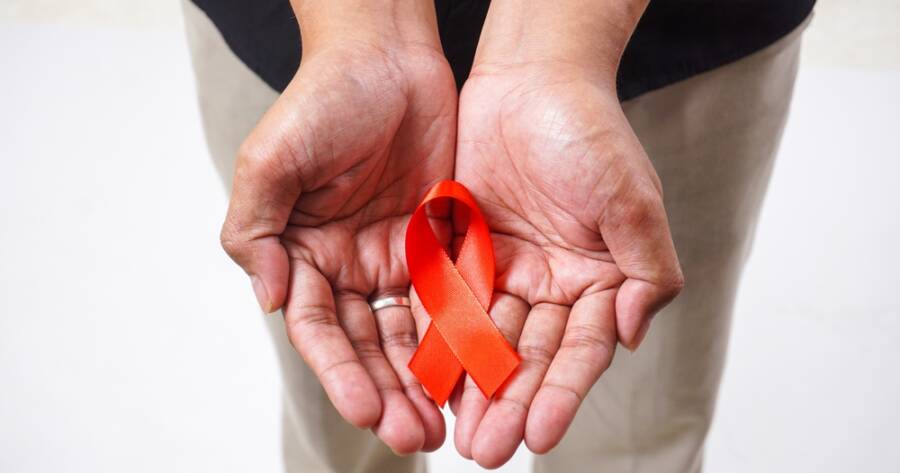HIV remains a significant public health concern in the United States, necessitating comprehensive treatment and prevention strategies. Essential programs like the Ryan White HIV/AIDS Program provide medical support and access to services. Understanding the role of these resources, preventive medications, mental health support, and reducing stigma is vital in advancing care and improving lives.
Understanding HIV Treatment and Prevention
HIV, a virus that significantly impacts the immune system, remains a critical public health issue in the United States. Despite advances in medical science, comprehensive strategies for HIV treatment and prevention are essential to combat the epidemic. A pivotal resource in this effort is the Ryan White HIV/AIDS Program, which offers a wide array of medical and support services nationwide. It serves as a vital lifeline for individuals living with HIV by facilitating access to healthcare providers and necessary medications. Understanding these resources can empower individuals affected by HIV and provide a foundation for preventative measures.
The Role of Resources in HIV Management
Numerous resources exist to support both patients and healthcare providers in managing and preventing HIV. The Find HIV Services Near You tool and local HIV/AIDS hotlines are crucial for connecting individuals to care. Financial support programs like the AIDS Drug Assistance Programs (ADAPs) and similar initiatives by NASTAD and pharmaceutical companies ensure that necessary medications are accessible to those in need. Stable housing, identified as a critical factor in maintaining treatment adherence, is bolstered by the Housing Opportunities for Persons with AIDS (HOPWA) program, which offers housing support to families affected by HIV.
Prevention Through Medication
Pre-exposure prophylaxis (PrEP) is a preventive medication that has proven effective in reducing the risk of HIV transmission. Resources such as the Frontline Provider Manual, available via PleasePrepMe.org, and guidance from the American College of Obstetricians and Gynecologists provide healthcare professionals with the insights required to implement PrEP effectively. Furthermore, post-exposure prophylaxis (PEP) serves as an emergency intervention following potential exposure, further reinforcing the importance of early intervention and rapid response.
Importance of Mental Health Support
Mental health is of utmost importance for those living with HIV, as this population is at higher risk of developing depression and other mental health conditions. Support systems like the Substance Abuse and Mental Health Services Administration (SAMHSA) and resources provided by the National Institute of Mental Health (NIMH) offer critical mental health care opportunities. Addressing mental health needs is essential for holistic HIV care, ensuring that individuals maintain both physical and psychological well-being.
Reducing Stigma and Enhancing Care
Stigma remains a significant barrier to effective HIV prevention and treatment. The 2023 State of HIV Stigma Report by GLAAD highlights the need for ongoing efforts to reduce stigma and enhance access to healthcare. Healthcare professionals and advocates must work collaboratively to dismantle these barriers, emphasizing the importance of cultural sensitivity and awareness in care strategies. Educational campaigns and increased public awareness can further ameliorate the stigma associated with HIV, fostering a more supportive environment for individuals affected by the virus.
Why You Should Learn More About HIV Treatment and Prevention Today
Understanding the multifaceted aspects of HIV treatment and prevention is crucial as the fight against the epidemic continues. Access to comprehensive healthcare resources and preventive medications like PrEP and PEP significantly lowers transmission risks. Additionally, acknowledging the importance of mental health support and reducing stigma is vital in enhancing quality of life for people with HIV. By leveraging resources like the Ryan White HIV/AIDS Program and promoting awareness, society can move closer to eradicating the virus and improving outcomes for those affected.
